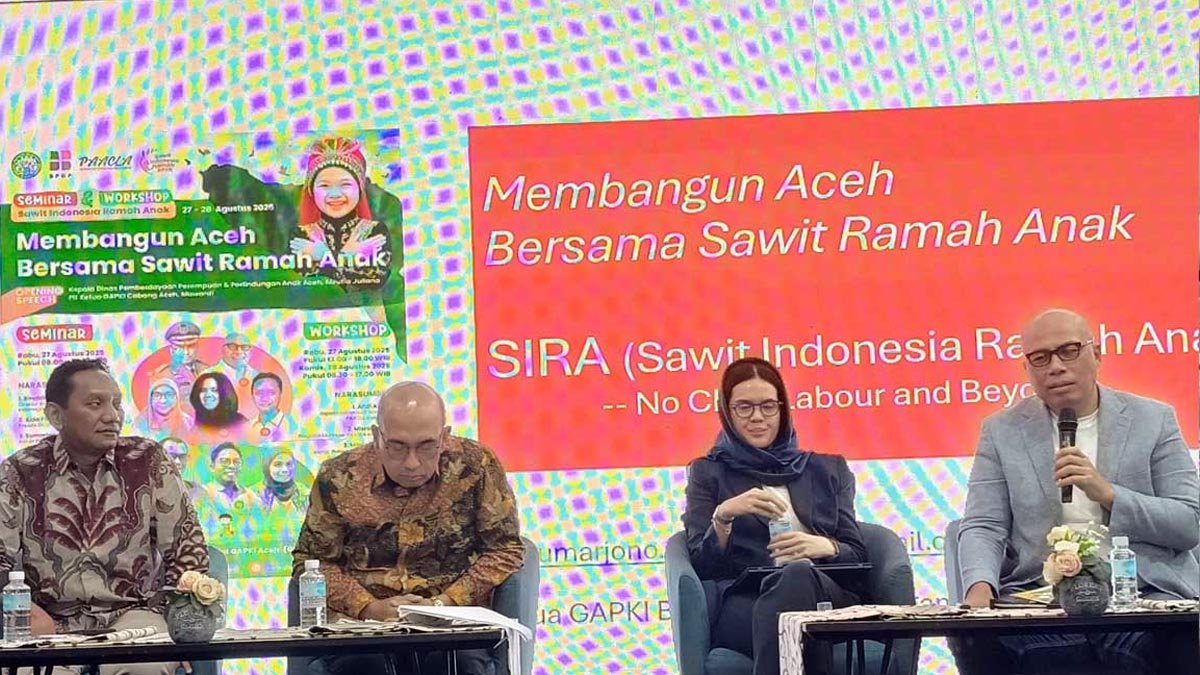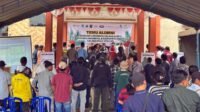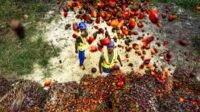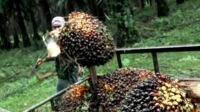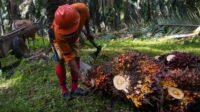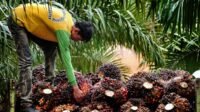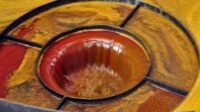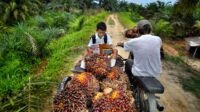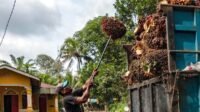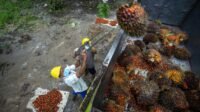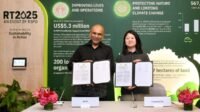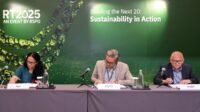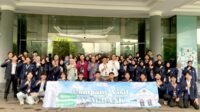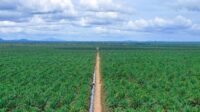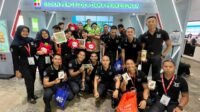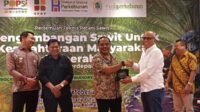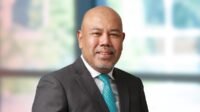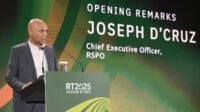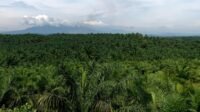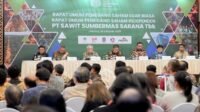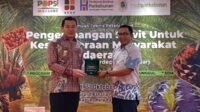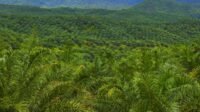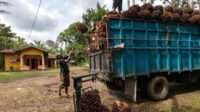PALMOILMAGAZINE, BANDA ACEH — Aceh is remembered not only for contributing the Seulawah aircraft to Indonesia’s independence struggle but also as the birthplace of the nation’s palm oil industry. The first commercial plantation in Indonesia was established in Sei Liput, Aceh Tamiang, back in 1911 by European entrepreneurs during the colonial era.
In recognition of this long history, stakeholders and the government agreed to designate November 18 as National Palm Oil Day. This year marks 114 years of palm oil in Aceh, a journey that has spanned heroic struggles, decades of conflict, and now, a period of peace and development.
Despite its historical significance, palm oil expansion in Aceh has lagged behind other provinces. Current plantations cover around 500,000 hectares—far below Central Kalimantan’s 1.9 million hectares. The gap is largely due to decades of armed conflict that hampered investment. Yet with its fertile soils and favorable climate, Aceh’s palm oil productivity is believed to hold greater potential than many other regions.
More than just an economic commodity, palm oil in Aceh is now being positioned as part of efforts to prepare the next generation. The concept of Child-Friendly Indonesian Palm Oil (Sawit Indonesia Ramah Anak / SIRA) is being promoted as a model for sustainable business practices.
According to Sumarjono Saragih, Head of Human Resources Development at GAPKI, allegations that plantations employ child labor are misleading. On the contrary, many companies strictly enforce a minimum working age of 18.
“Plantations have demonstrated their commitment by building schools near estates, providing school buses, establishing childcare centers, and offering healthcare facilities. Palm oil can be a strong partner for the government in preparing Aceh’s young generation for 2045,” he said in an official statement received by Palmoilmagazine.com, Sunday (Aug 31, 2025).
Child-Friendly Palm Oil Seminar
Support for the SIRA concept was further reinforced through the seminar and workshop “Building Aceh Through Child-Friendly Palm Oil”, organized by GAPKI with support from BPDPKS, held on August 27–28, 2025, at Kyriad Hotel, Banda Aceh.
The event gathered 120 participants from companies, smallholders, NGOs, labor unions, and government agencies. It showcased GAPKI’s SIRA guidelines, first published in 2021, along with best practices from plantations already implementing the framework.
Meutia Juliana, Head of Aceh’s Office of Women’s Empowerment and Child Protection (PPPA), praised the initiative. The event concluded with a joint declaration and action commitment signed by the Aceh Provincial Government, GAPKI, and PAACLA to expand child-friendly practices beyond palm oil into other business sectors.
Through these initiatives, Aceh’s palm oil sector seeks to demonstrate that its role goes beyond economic contribution—embracing child protection and social development as well.
“Aceh’s legacy as the cradle of Indonesia’s palm oil industry must be part of a new narrative. Child-friendly palm oil can be a powerful foundation for realizing the vision of Anak Aceh Emas 2045,” Sumarjono Saragih emphasized.
He added that collaboration between government, farmers, companies, and communities is essential to ensure that the palm oil industry not only supports economic prosperity but also becomes a pillar for safeguarding future generations. (P2)

